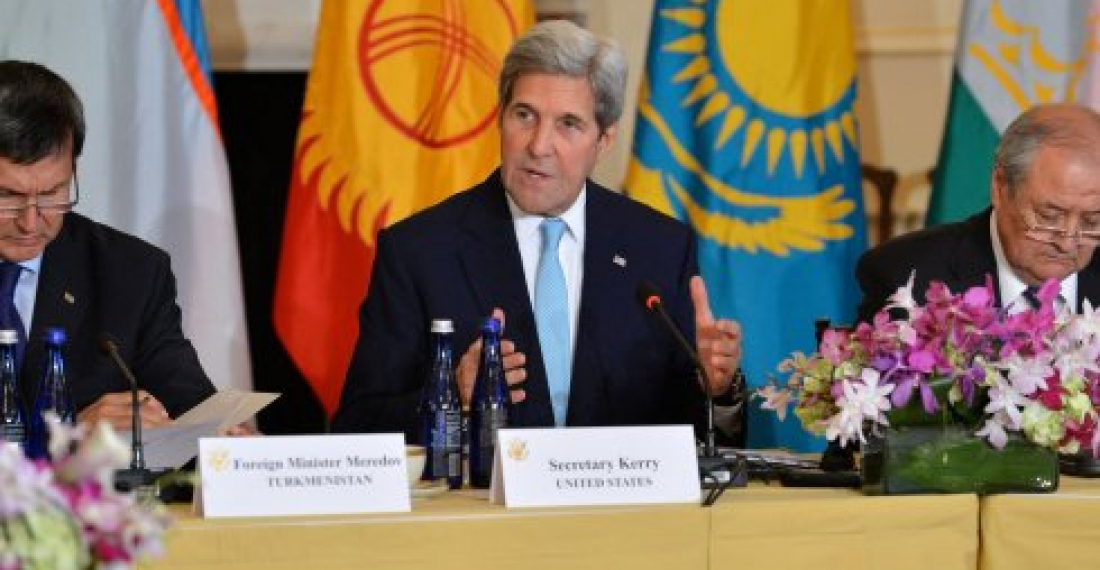US Secretary of State John Kerry is hosting the foreign ministers of five Central Asian countries on Wednesday, a sign that Washington is reengaging in a region which has long been closer to Moscow and Beijing.
The meeting between Kerry and the foreign ministers of Kazakhstan, Kyrgyzstan, Tajikistan, Turkmenistan, and Uzbekistan has been dubbed the "C5+1". A similar meeting took place in Samarkand in Uzbekistan last November.
"Today, we hope to make further progress through a new regional approach built around initiatives on counterterrorism, trade and investment, economic development, and clean energy," said Kerry in his opening remarks in Washington DC.
"And one program that we will do is initiate a dialogue within the Global Counterterrorism Forum to assist Central Asian states in combating radicalization and reduce the threat that is posed by foreign terrorist fighters.
"A second project is aimed at increasing trade in key sectors of our economies and making our economies more competitive. A third will center on improving the transportation and logistics sectors that are essential to a healthy and a dynamic marketplace.
"And finally, the U.S. will partner will each of the countries here to develop cleaner renewable energy sources that can power everybody’s future while reducing greenhouse gas emissions."
There will be a variety of other events for the five foreign ministers in Washington DC after the Kerry meeting. Deputy Secretary of State Antony Blinken will host a lunch, and leaders from think tanks will discuss policy with the government officials.
There will also be a business forum and a cultural reception, celebrating US-Central Asia ties, and the five countries' 25 years of independence from the Soviet Union.
In recent years, American efforts in central Asia have been focused on Afghanistan, but with the troop presence there decreasing, resources could be shifted.
"What is clear is that all of the measures that we are going to discuss this morning are rooted in mutual interests, and they are focused on the same goal that has been at the forefront of our relationship for these past 25 years, and that is a focus on a region that is secure, prosperous, and well governed," said Kerry.
SOURCE: Commonspace.eu and agencies
PHOTO: state.gov







